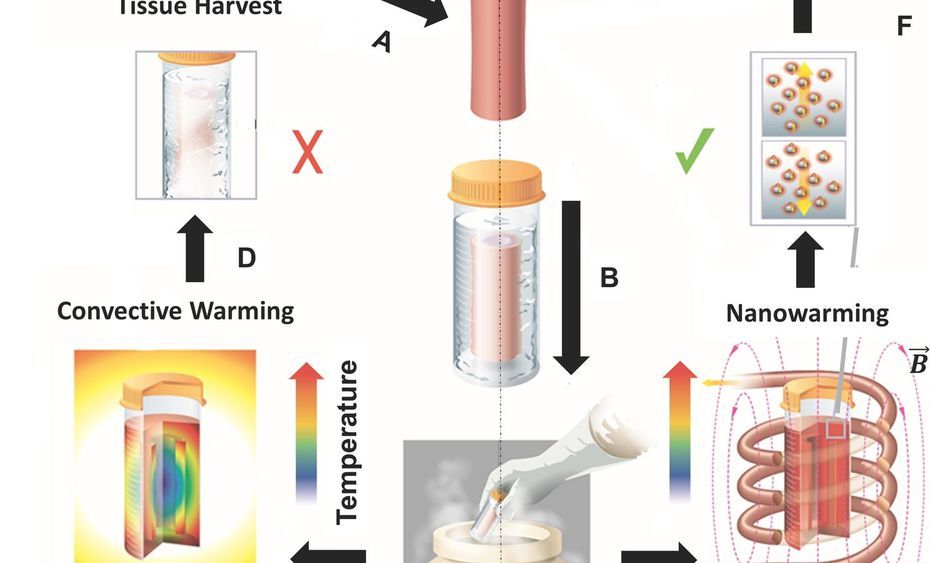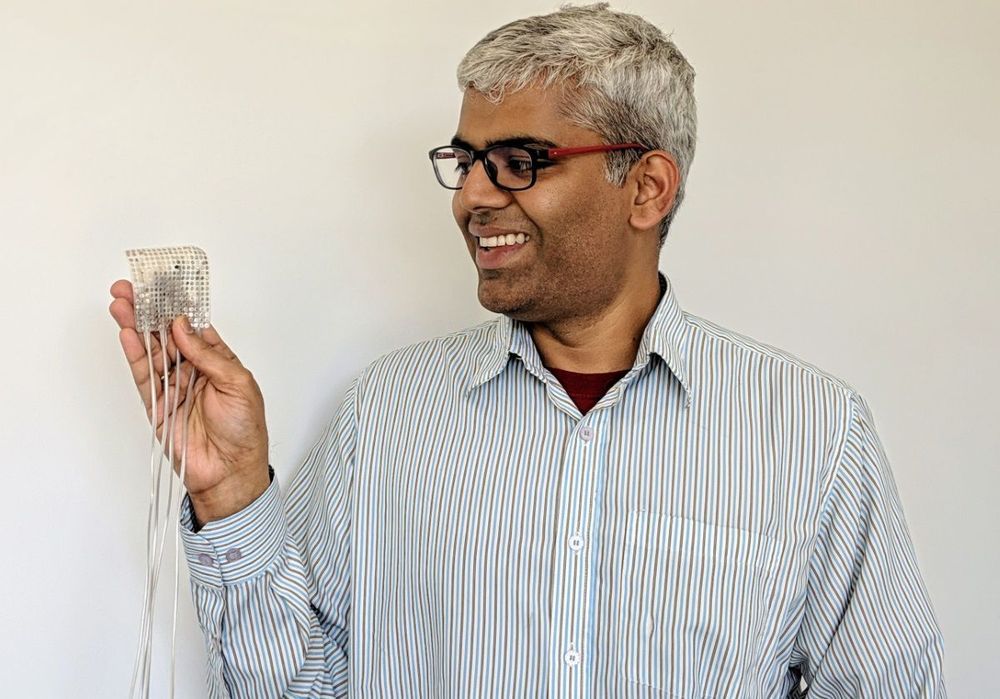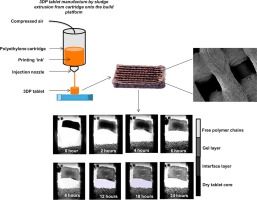Cardiorespiratory exercise—walking briskly, running, biking and just about any other exercise that gets your heart pumping—is good for your body, but can it also slow cognitive changes in your brain?
A study in Mayo Clinic Proceedings from the German Center for Neurodegenerative Diseases provides new evidence of an association between cardiorespiratory fitness and brain health, particularly in gray matter and total brain volume—regions of the brain involved with cognitive decline and aging.
Brain tissue is made up of gray matter and filaments called white matter that extend from the gray matter cells. The volume of gray matter appears to correlate with various skills and cognitive abilities. The researchers found that increases in peak oxygen uptake are strongly associated with increased gray matter volume.







